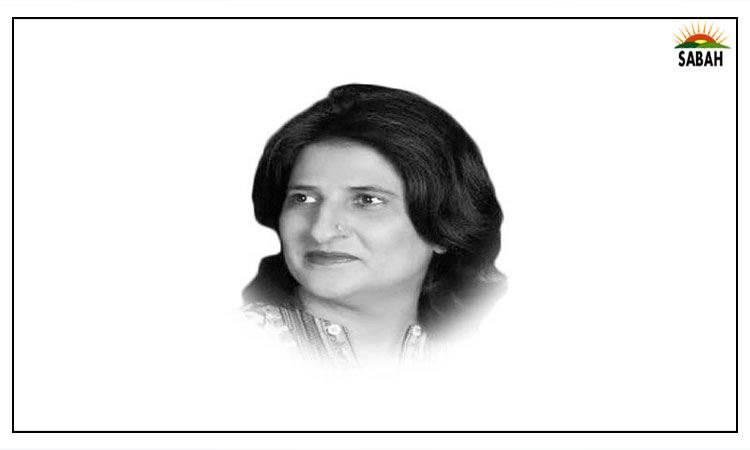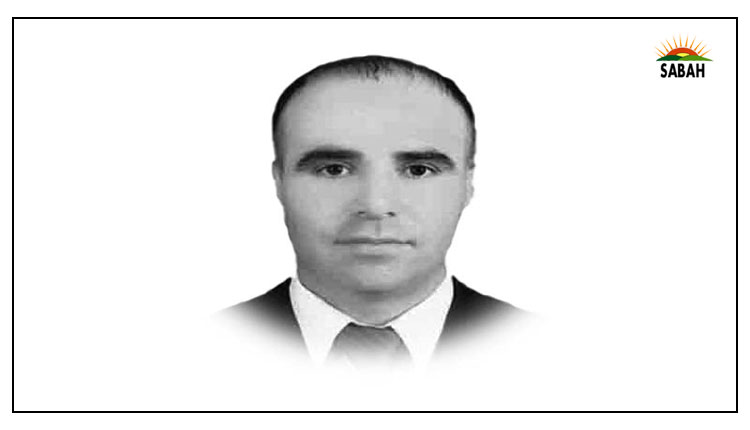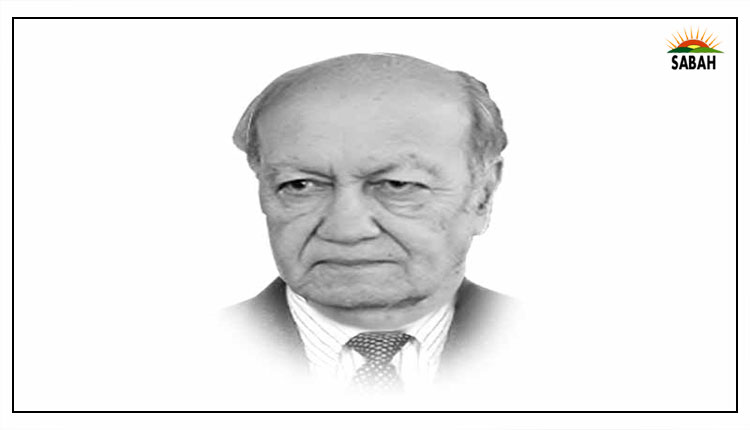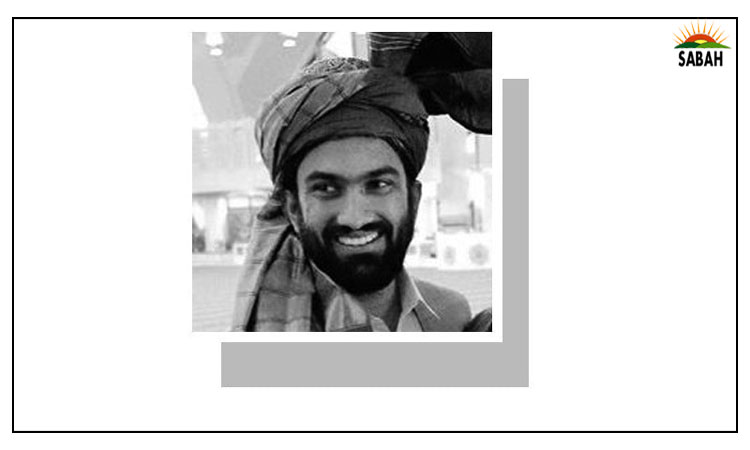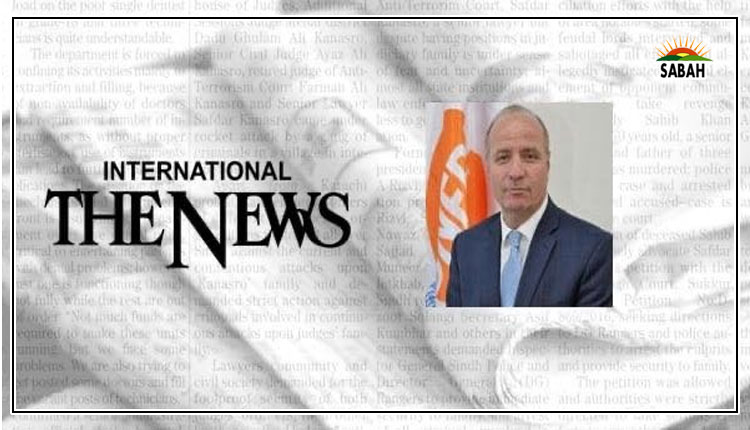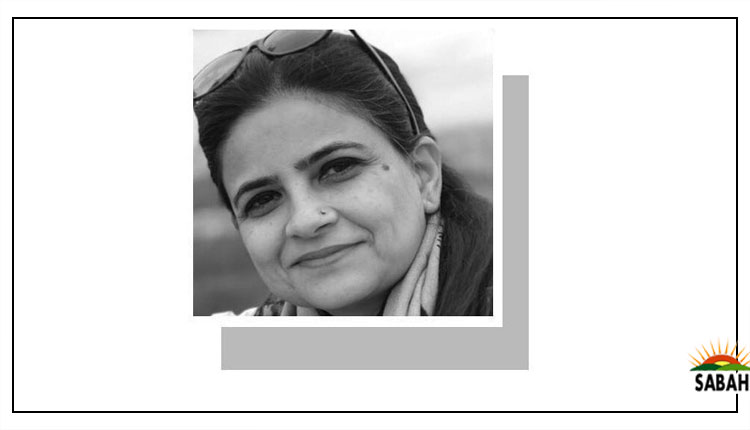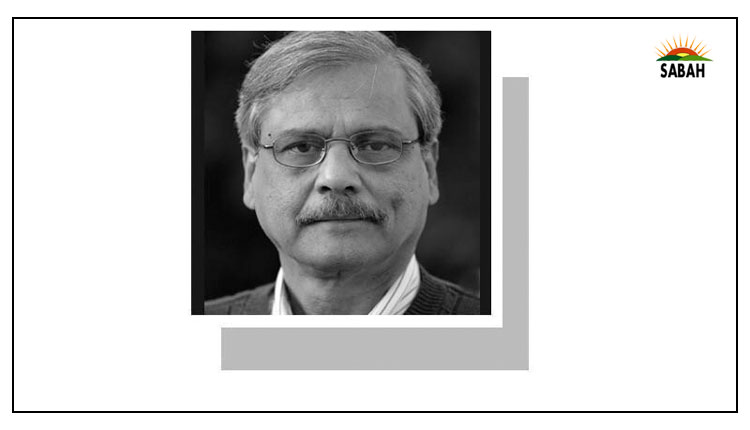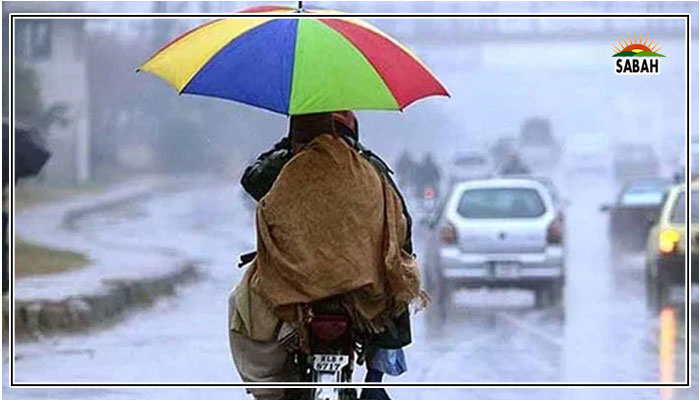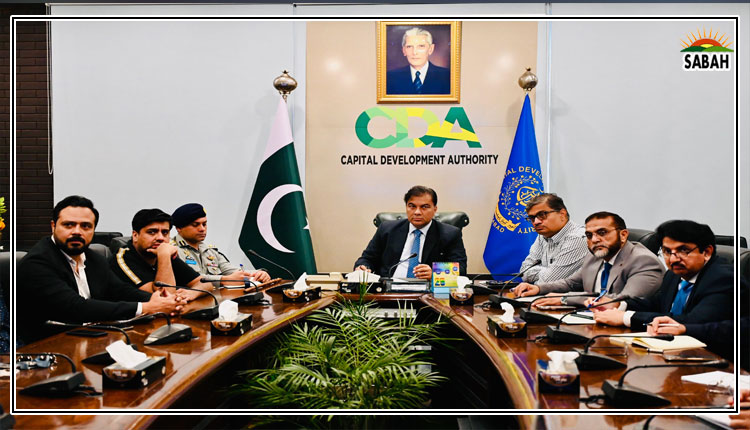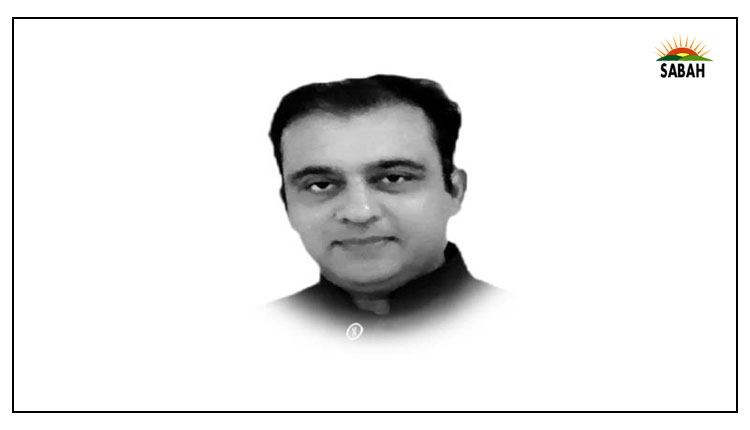A new challenge for Pakistan …. Kamran Yousaf
Is Afghanistan once again becoming a battleground for major powers? After over four decades of unrest and turmoil in the war-ravaged country, international and regional powers, which in the past competed for influence in Afghanistan, developed minimum consensus on the future of Afghanistan when the US-led foreign forces left the region. The US, China, Russia, Pakistan, Iran and other key stakeholders agreed that the Afghan Taliban rule would get recognition only after they met certain conditions, which included the formation of an inclusive government, respecting the human and women rights and denying use of Afghan soil by terrorist groups.
Pakistan was one of the only three countries that recognised the Taliban’s first rule from 1996 to 2001 but this time it went with the international consensus on the question of recognition.
The understanding among the big players and stakeholders remained in place for good two years before the international consensus started blowing apart. The first sign of rupture came in March when China accepted the full time ambassador appointed by the Taliban regime. Though Beijing never officially recognised the Taliban government, accepting a full time Ambassador was seen as tacit recognition.
And now, another major power and stakeholder in Afghanistan is inching closer to establishing full-fledged ties with the Taliban. Russia is hinting at recognising the Taliban government. As part of the first step, the Russian ministry of justice and foreign affairs recommended that President Vladimir Putin remove the Afghan Taliban from the list of terrorist organisations. Moscow banned the Afghan Taliban in 2003 when they were waging a war against the US-led foreign forces.
The move is aimed at paving the way for potential recognition of the Taliban government.
President Putin this week said the Afghan Taliban are a “reality” while deputy chairman of Russia’s Security Council said Moscow was close to establishing a “full fledged” relationship with the Taliban government.
“The Taliban are now in power, and we are close to establishing full-fledged relations with them,” Dmitry Medvedev said. He noted that the situation had changed over the last 20 years. “Now things are different,” he said.
Russia special envoy on Afghanistan Zamir Kabulov noted Monday that the Taliban had “come a long way towards being recognized” since seizing power. “But there are still a few hurdles to overcome, after which the Russian leadership will make a decision,” he said, without elaborating.
The Russian envoy was also quoted as saying that his government had extended an invitation to the Taliban to attend a June 5-8 St Petersburg International Economic Forum. But the US did not like the Russian move, saying the Afghan Taliban had not done enough to be given recognition.
John Kirby, the spokesperson for the US National Security Council, told reporters in response to the Russian move that it did not send the right message. He said the Taliban had yet to fulfil a single promise they made. He ruled out any possibility of the US recognising the Taliban government anytime soon.
A US State department strategy paper released earlier this year cautioned US policymakers about the growing influence of its rivals — China, Russia and Iran — in Afghanistan. The strategy paper advocated preserving the US interests and not letting its adversaries take a foothold in Afghanistan.
For Pakistan, this is not a good omen. Unlike the first Taliban rule, this time Pakistan was hoping to evolve a broader consensus at least at the regional level on the future of Afghanistan. Initially, Islamabad was enthusiastic about the return of the Taliban and hence pushed for greater engagement. However, the Taliban government’s failure to tackle the terrorist threat dampened those spirits. Ironically, when other regional players seek greater engagement with the Taliban regime, Pakistan is pushing for Kabul’s isolation. But international and regional players seem to be only interested in preserving their own interests.
Courtesy The Express Tribune, June 3rd, 2024.


